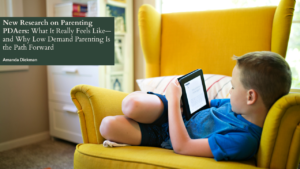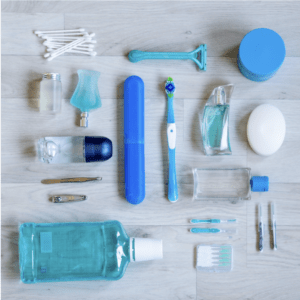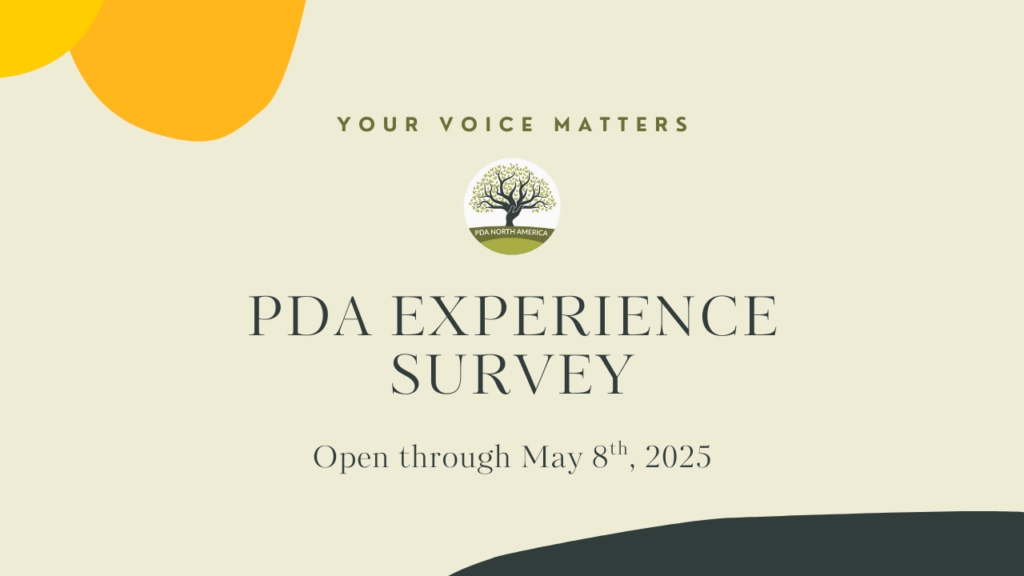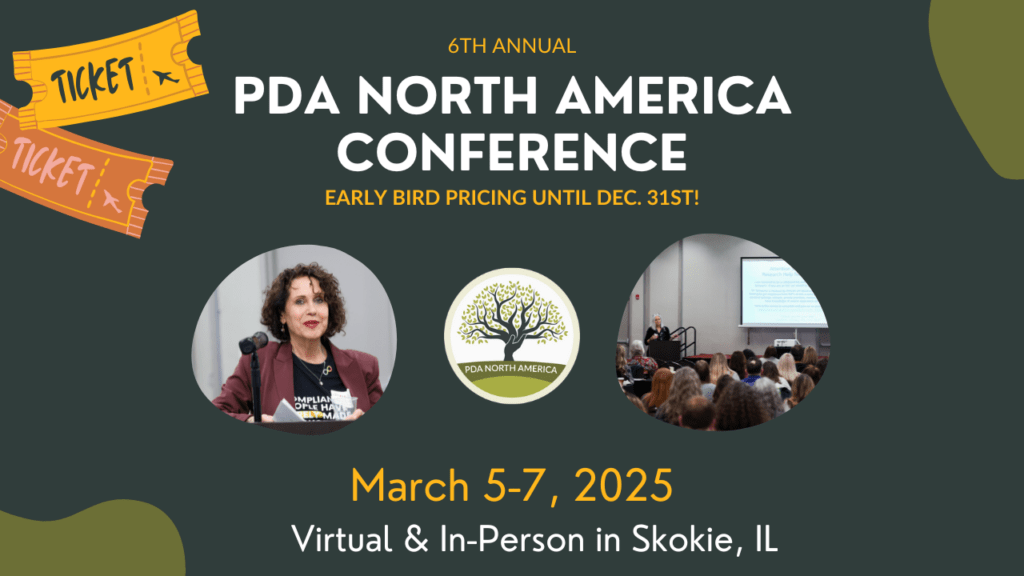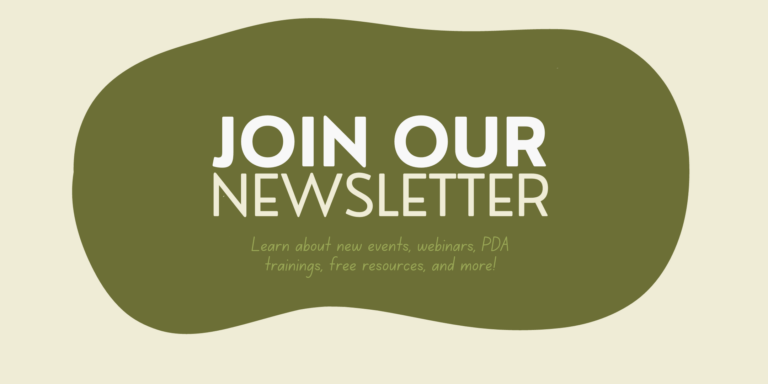by Sunita Theiss
I often describe our approach to homeschooling as “relaxed.” But perhaps it’s more accurate to call it “relaxed and realistic.” In other words, we make a plan, but we hold it loosely. We want to create routine and predictability while emphasizing freedom and flexibility. We learn together and in a variety of formats, and we don’t force compliance. Through it all, we try to be realistic about the season of life we’re in and the specific needs each of us have.
We’ve seen the stats about neurodivergent & disabled kids-about the challenges, pressure, and lack of accommodations that continue into adulthood. My husband and I had our own challenges in typical school settings, and we didn’t want our kids to experience learning as distressing. We deeply desire to cultivate a love of learning, and we felt that could happen most effectively by educating our kids at home. Before we started this journey, my husband and I agreed that if homeschool ever stops working for any of us, we’ll pivot and do something different. We check in regularly about this, both as a couple and as a family. In other words, we are open to other educational options if it is a better fit in the future.
We’ve seen the stats about neurodivergent & disabled kids-about the challenges, pressure, and lack of accommodations that continue into adulthood. My husband and I had our own challenges in typical school settings, and we didn’t want our kids to experience learning as distressing. We deeply desire to cultivate a love of learning, and we felt that could happen most effectively by educating our kids at home. Before we started this journey, my husband and I agreed that if homeschool ever stops working for any of us, we’ll pivot and do something different. We check in regularly about this, both as a couple and as a family. In other words, we are open to other educational options if it is a better fit in the future.
In every area of life, I just want our family to feel safe, seen, heard, and loved first. I believe and trust the rest will follow.
Our first year homeschooling was tough, and we didn’t have the experience of school trauma and burnout that is so common for PDA families. My children had been at a daycare, and I had been working full-time. I’d slowly been scaling back how much I worked, and we stopped sending our children to daycare a few months before the school year started. The learning curve was steep as I explored the best ways to work part-time and mom full-time while being responsible for my children’s education. My kids and I were learning how to be together—all day, every day.
We eventually joined a classical homeschool community. This gave us just enough routine, curriculum, and structure, but also allowed us to make it our own. And the families in our community encourage and love us so well. They’ve been willing to learn and understand neurodivergence and how that impacts the way we learn. I recognize that there are very few groups out there who would be so accommodating and thoughtful.
But it hasn’t been easy. A few months into homeschooling, I realized I needed more help. It was initially hard to make peace with the fact that both my kids didn’t need to be home together every day, but I’m glad that we were able to find an in-home daycare for our younger child. Just two days a week created more margin for me to work, increased our flexibility, and gave her a place and a (literally) tiny peer group that is just hers. It’s also given me the time and space to work 1:1 with my son on regulation skills and self-advocacy.
In our second year, I think my son and I both were having a hard time. I felt overwhelmed by all there was to wrangle, and that year I also got my own autism and ADHD diagnoses. As I learned more about how to accommodate myself, we stuck with our homeschool community and kept the focus on his (and my) interests. We did pirate-themed worksheets and set up complex phonics investigations like secret agents. We did lots of holiday lessons and went on as many hikes and nature walks as we could. We practiced times tables and history facts everywhere. We made so many baking soda-vinegar explosions and conducted at least ten sink or float experiments. We took field trips even if we went out of town for a wedding. I’m asked 1000s of questions daily, and I’ve learned to simply say, “hmm, I don’t know, let’s look it up together.”
Soon we’ll start our third year of homeschooling. I fully expect “how” we homeschool to evolve, but I’m hopeful we’ll always encourage joy, wonder, and a love of learning, while offering as much freedom, flexibility, and fun as we can.
Soon we’ll start our third year of homeschooling. I fully expect “how” we homeschool to evolve, but I’m hopeful we’ll always encourage joy, wonder, and a love of learning, while offering as much freedom, flexibility, and fun as we can.
Sunita Theiss is an autistic + ADHD mom of neurodivergent kids. Multiple members of her family identify with PDA, and she completed the PDA North America Level 1 program in 2023. A child of Indian immigrants, Sunita was born and raised in Georgia. She is a poet and writer, and has had an extensive career in marketing and communications. She is currently in a season of downshift in her career to be more hands-on with her family and homeschool her children. Connect with her on Instagram, Substack, or in the PDA Georgia Facebook group.
